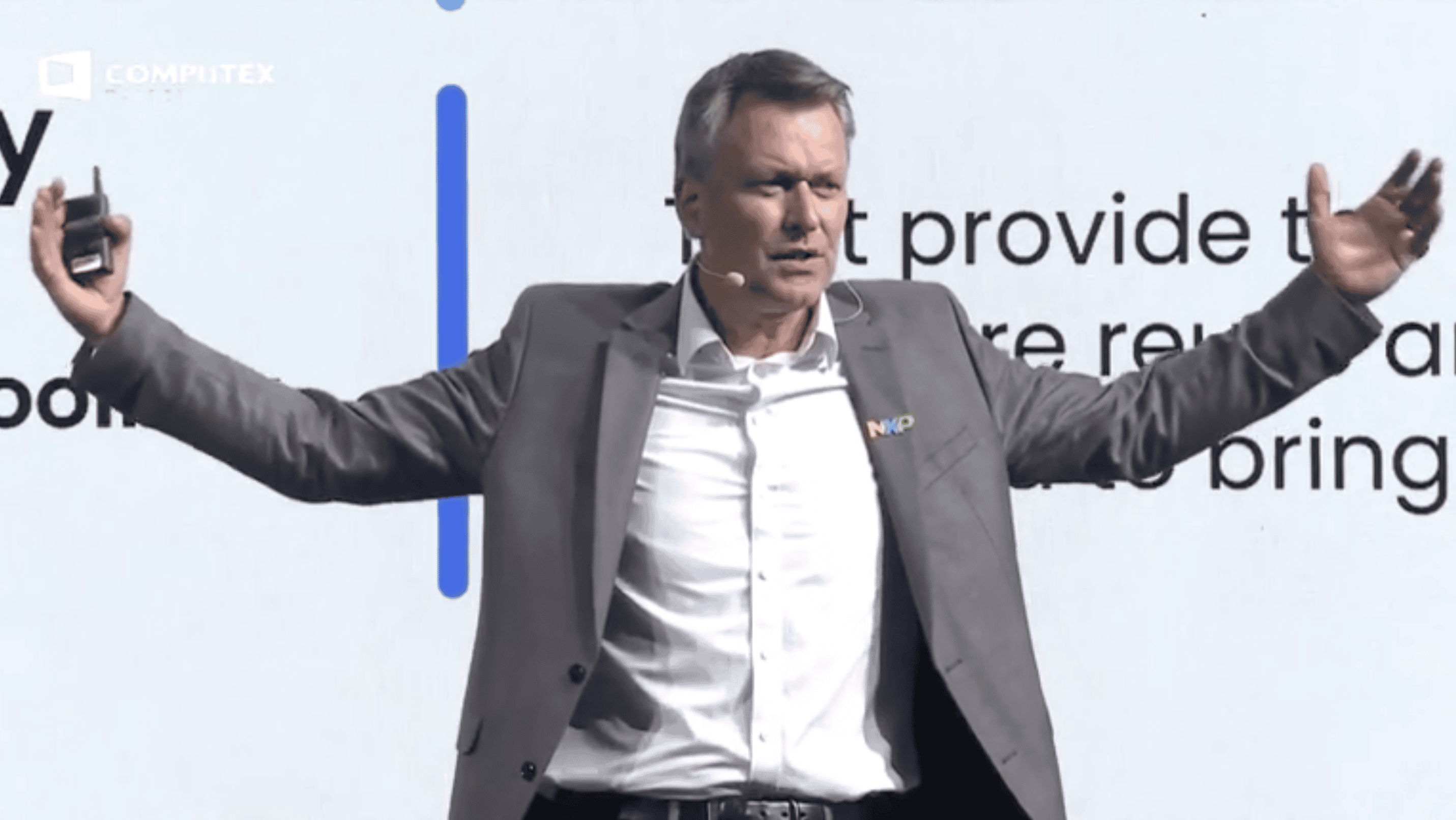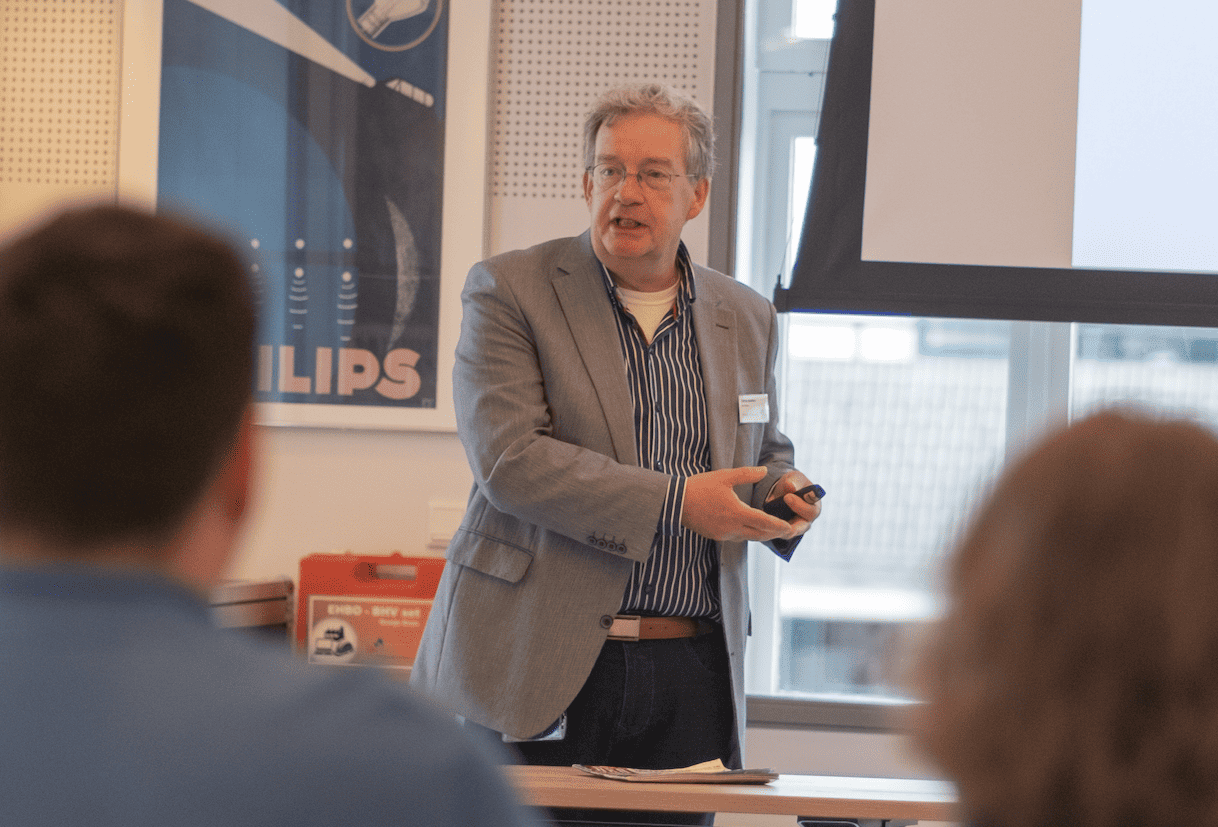
NXP, Siemens, and Cohda Wireless are demonstrating cutting edge technology for smart mobility this week in Austin, Texas, during NXP’s FTF Technology Forum. NXP and Siemens are hosting test rides in the smart city of Austin for a live experience of advanced connected mobility technologies, such as vehicle-to-vehicle (V2V) and vehicle-to-infrastructure (V2I) communications (together knows as “V2X”). Goal is to help improve road safety, reduce CO2 emissions and smooth traffic flow.
V2X technology warns drivers of traffic hazards up to one mile ahead, increasing safety for drivers, and essentially allowing them to “see around corners”, through obstacles and beyond the line of sight. Electric Cab of Austin will drive attendees around the city to experience how NXP’s, Cohda’s and Siemens’ technology works in real-life traffic situations. A school-aged child, equipped with an RFID tag on a backpack, is easily detected as a vulnerable pedestrian, triggering a warning sent to the dashboards of approaching drivers. Vehicles are automatically invoiced as they drive through the gate of a parking lot or other facility. For additional convenience, traffic lights automatically turn green according to current traffic conditions, and vehicles are routed around road blocks or traffic jams.
 “Together with Siemens, Cohda and Electric Cab of Austin, we are showing how V2X and other connected technologies are set to change the face of our cities as we know them – helping to make them more efficient, cleaner and less congested,” said Lars Reger, CTO of NXP’s Automotive Business. “Austin, with its reputation as one of the smartest cities in the U.S., is the ideal location for providing a glimpse of these future advancements. Self-driving cars, connected vehicles, and smart sensors are positioned to become fundamental parts of transportation networks, and NXP has the technologies to make this a reality.”
“Together with Siemens, Cohda and Electric Cab of Austin, we are showing how V2X and other connected technologies are set to change the face of our cities as we know them – helping to make them more efficient, cleaner and less congested,” said Lars Reger, CTO of NXP’s Automotive Business. “Austin, with its reputation as one of the smartest cities in the U.S., is the ideal location for providing a glimpse of these future advancements. Self-driving cars, connected vehicles, and smart sensors are positioned to become fundamental parts of transportation networks, and NXP has the technologies to make this a reality.”
There is a real need for these smart solutions, according to partnering Siemens. “With the average urban commuter stuck in traffic an estimated 38 hours every year, a wasted 1.9 billion gallons of fuel annually, and a growing population putting stress on our systems, the most important way to tackle the challenges the transportation industry faces is to build smarter infrastructure with intelligent technologies,” said Marcus Welz, President of Siemens Intelligent Traffic Systems. “Siemens has been leading the way in Connected Vehicle technologies, and after close to 10 years of test pilots and early adaptor projects, we’re pleased to demonstrate this technology with NXP in another real-world traffic setting to increase safety, comfort and efficiency for road users in Austin.”
(Photo: Lars Reger, NXP)
Source: NXP








